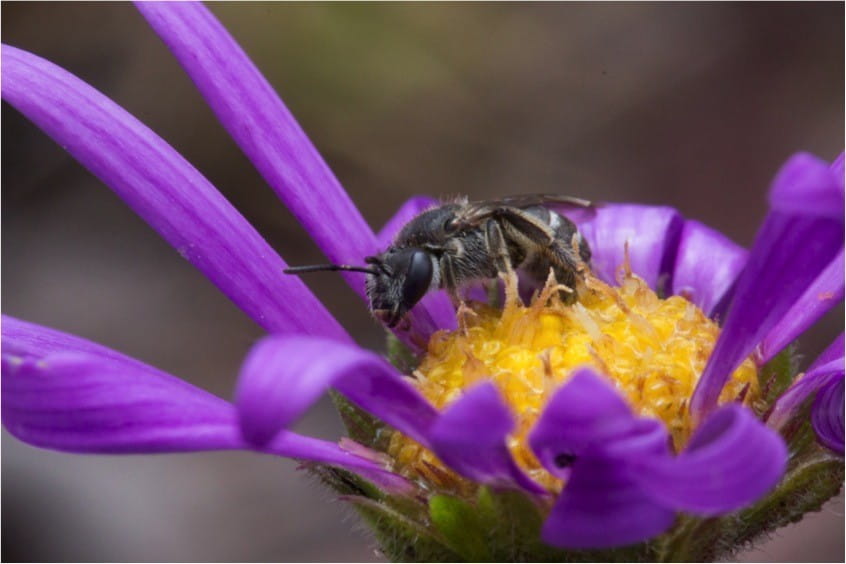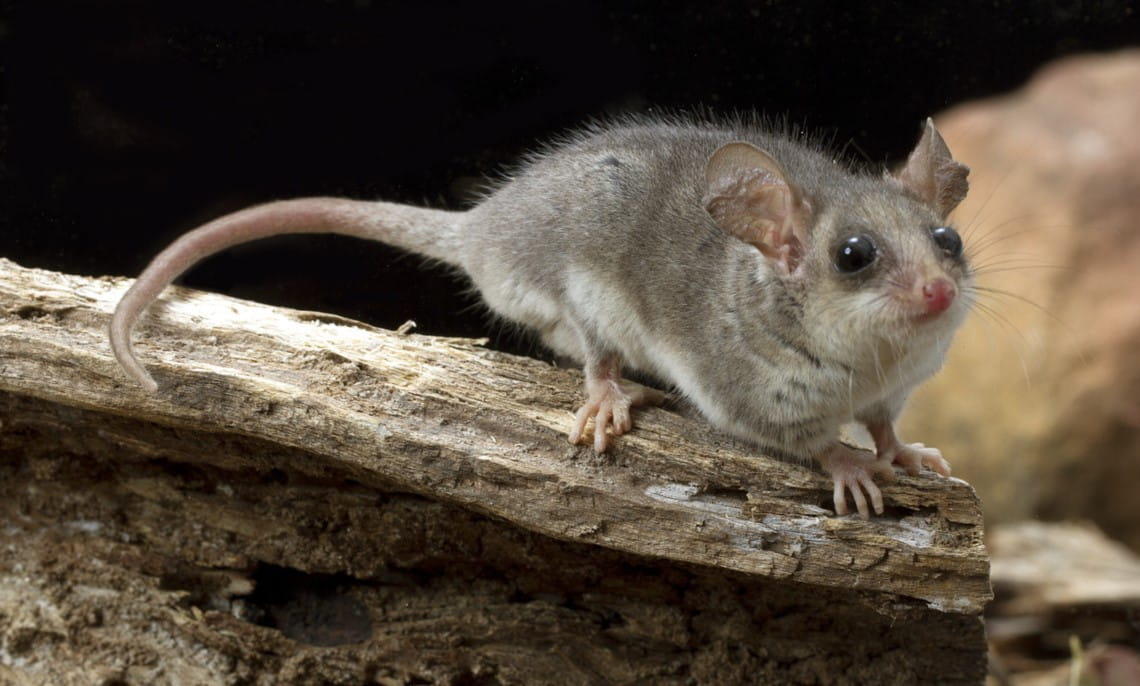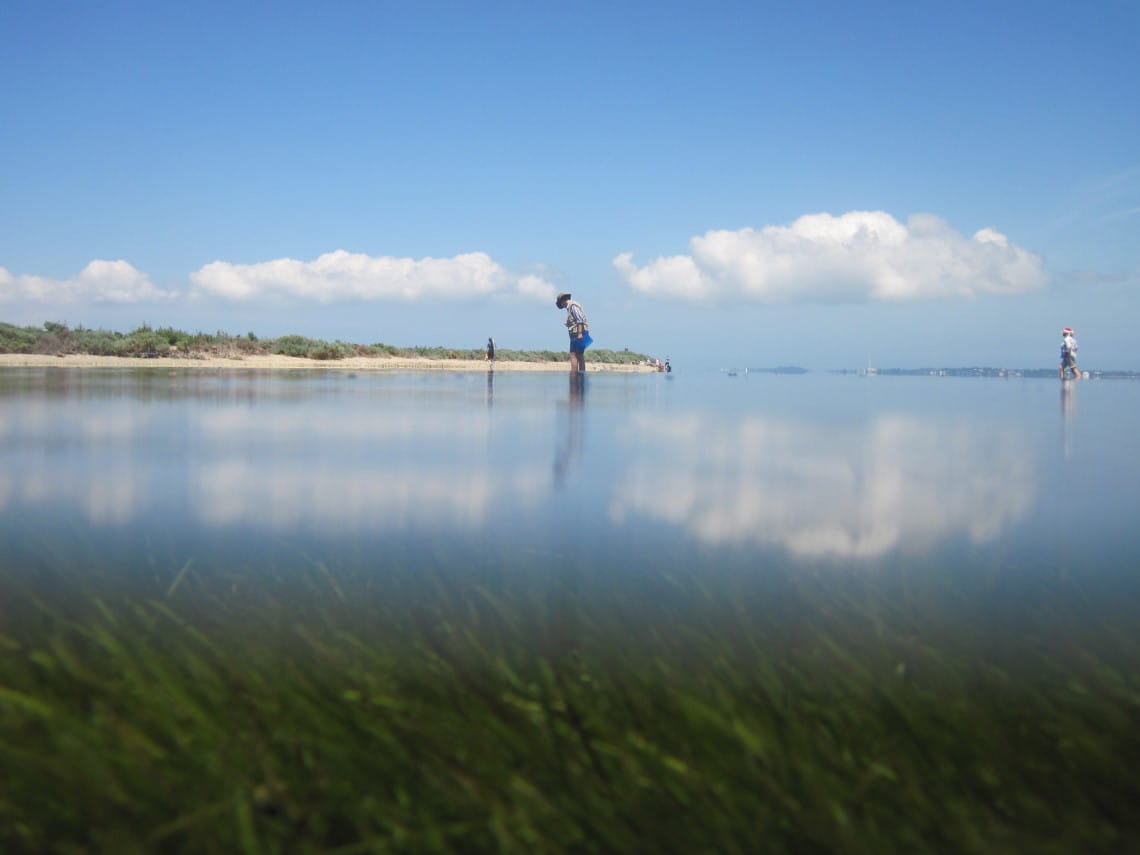As Parks Victoria’s Area Chief Ranger Shipwreck Coast and Hinterland, Michael Smith, explains, “Visitors sometimes take actions which they don’t realise can negatively impact the plants and animals in our incredible parks. Your actions can directly impact nature and conservation.”
The survival of our wildlife, plants and natural habitats is critical to our own survival – our health and wellbeing, the air we breathe, the water we drink and the places we go. Here are some quick tips on how you can care for biodiversity when exploring nature.
Picking flowers can impact important habitat
Springtime flowers are beautiful, but please do not pluck them. Picking or cutting flowers can prevent the plant from forming seeds. With over 1300 species of flora listed as at risk in Victoria, it is important we help to support their conservation.
“Picking flowers can be a major issue especially when if species is threatened or endangered. If you damage the plant, you can create a long-lasting negative impact on the species’ chance of survival” explains Area Chief Ranger Michael Smith.
Flowers are vital food sources for many insects and animals across Victoria. By removing flowers, you reduce their food supply, giving creatures and insects less opportunity to pollinate.

Insects like native bees rely on flowers as an important food source.
Leave logs in parks to protect wildlife
Did you know many animals rely on fallen timber and tree hollows for habitat? Crevices under logs and hollows in trees provide safe places for mammals, reptiles, birds, and invertebrates to live and are the perfect place to protect their young from predators.
Fallen timber and tree hollows also have value far beyond basic shelter, providing food resources and recycling nutrients in the ecosystem as it decays. To animals, people taking firewood is taking their home.
Removing wood and cutting trees in protected areas is illegal. If you see someone removing wood, report it to Parks Victoria on 13 19 63.

Animals like the Eastern Pygmy Possum rely on fallen logs to live. Credit: Museums Victoria
Take photos on your phone
If you are in nature and notice a plant or animal, take a photo of it. By snapping a photo on your smartphone and uploading it to Parks Victoria’s Citizen Science app, you can help collect important data for our scientists to use when they are planning conservation works.
By recording images, you can help build our knowledge about the species that live in the park. You might even help identify a plant or animal that hasn’t been recorded in that area before!









